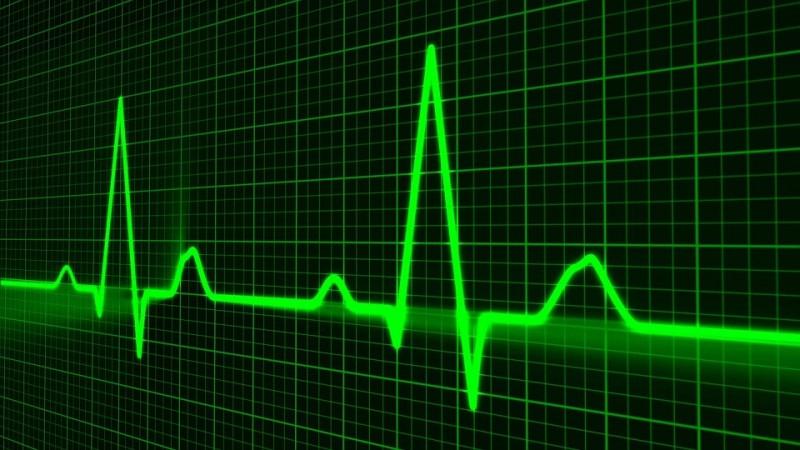
Cardiac surgeons at Fortis Hospital, Noida operated successfully on a man who was struck with a metallic object. The piece was lodged deep inside his heart.
Satish Kumar, who works in a steel factory of Sikandrabad in UP, received a new lease of life after he underwent surgery to remove a four-centimetre long metallic object that got wedged in his heart. As a usual working day, on August 9 Kumar was drilling into iron at his factory when a part of it broke and hit him on the chest.
Before anyone could realise what happened, the 35-year-old was lying on the ground. He was profusely bleeding from his chest.
A local hospital performed scan, which showed that the object had penetrated the wall of his chest, damaged the lungs and got stuck in the right chamber of the heart. His life was at stake as the object was just a few millimetres away from the main artery supplying blood to the heart.
Luckily for Kumar, the metal lodged in the heart stopped haemorrhage that could have been fatal. His colleagues took him to three hospitals in Sikandrabad and Ghaziabad but they refused to operate. It was only at Fortis Hospital, Noida where the cardiac surgeons said they would take a chance to save the man.
"In my 15 years of service, I had never seen or heard about such a case. But we decided to try because the patient couldn't wait any longer. He had spent five hours running around different hospitals already and was bleeding profusely," Dr. Vibhav Mishra, additional director and head, Cardio Thoracic and Vascular Surgery at Fortis Noida told The Times of India.
Usually, while performing such operations the doctors stop the heart and use a heart and lung machine to send blood around the body. But the surgeons here removed the metal and repaired the heart while it was still beating with the help of special instruments.
"Removing the object with precision and suturing it while it was beating was the toughest part of the surgery. A tiny mistake could be fatal. But we succeeded," said Mishra.















